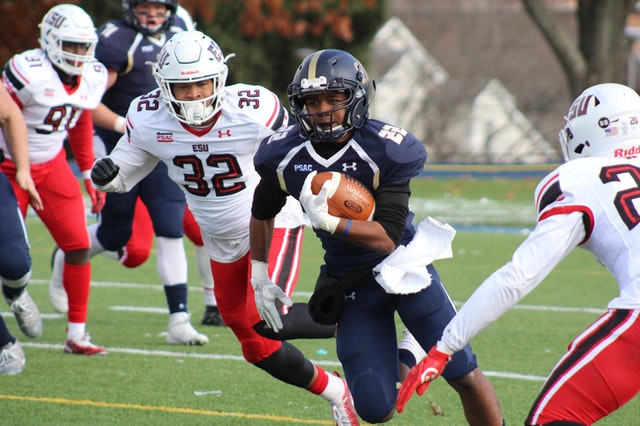The discussion of whether or not an ability to do a certain type of sports is an inborn talent or gained skill has been going on for centuries. Sports have long been seen as a way to gain success and happiness. Some people believe that if you don’t have the right genes, then it’s impossible to be good at any type of sport.
Others believe that the genetic code is only one factor among many that determine how well you can play a specific sport. With all these opinions, how can we know for sure? How are our genes affecting our performance in sports and what can we do about it?
What makes a person good at a sport?
It may be difficult to pinpoint exactly how our genes affect performance in Cric Gator sports, but there are many factors that play a role.
A person’s ability to excel at a sport is largely determined by their talent and skill. The majority of people have a certain amount of talent for specific sports, but it’s the training and practice that make them good. Without training and practice, an individual would not be able to play a sport well or perform as expected.
Genes are also one factor among many that cause success in sports. Not everyone has the same number of genetic advantages when it comes to playing certain sports. For example, some people may have more muscle mass and lung capacity than others
which allows them to work harder during the time they are playing. Others may have better reflexes which help them react faster during gameplay than other athletes.
The key here is that no matter what your level of genetic ability is when it comes to sports, you can improve your skills through practice and training so you can get better at performing those tasks necessary for your sport. Keep practicing to develop these skills because this will help you perform better than before!
Genes and Sports
Sports have always been seen as a way to gain success and happiness. Some people believe that if you don’t have the right genes, then it’s impossible to be good at any type of sport. Others believe that the genetic code is only one factor among many that determine how well you can play a specific sport. With all these opinions, how can we know for sure? How are our genes affecting our performance in Cricgator sports and what can we do about it?
Sporting ability is often viewed as something that people have either been born with or through practice and training. However, there is no doubt that genetics plays a role in sporting ability a recent study found that genes account for 80 percent of athletic performance. So how exactly does genetics affect your sporting ability?
For starters, let’s take a look at the different types of muscles used during sports: fast twitch, slow twitch, oxidative fibers, glycolytic fibers, and mixed. Each of these types of muscles has different characteristics which are determined by your genes.
Slow-twitch fibers are responsible for endurance activities like long-distance running or cycling whereas fast-twitch fibers provide power and sprinting speed. Oxidative fibers are capable of arcing their way.
Genetics and Sporting Success
Genetics is a big factor in sports success. There are many genes that contribute to the ability to be good at certain types of sports abilities. These genes include:
1) A gene called ACTN3, which controls muscle development and physical performance
2) A gene called BMPR1B, which is responsible for the differentiation of muscle cells
3) A gene called ACTN4, which helps in the control of movement
4) A gene called ANKH, which has been proven to be related to endurance and exercise capacity
5) CREB2 is a protein that helps with muscle growth and development
6) SLC6A8, which is linked to motor coordination, speed, and balance
7) Genes related to eye-hand coordination such as BDNF, PAX6, and MYOT
The amount of these genes varies from person to person depending on their sport. For example, genetic variations like ACTN4 account for about 20% of athletic performances in swimming compared to only 1% of those in basketball. There’s also evidence that suggests athletes with more natural talent are more likely to achieve success than those who do not have it.
The Brain, Body, and Sport
The brain, body, and sport are all intimately connected. The brain is the control center of our body and has a lot to do with how well we perform in a specific sport. For example, for some people, physical abilities just seem to come naturally. For others, sports may be more difficult because training does not have a positive effect on performance or it hurts their performance in a particular way.
It turns out that the genes that make up our bodies affect many of our athletic abilities such as muscle strength and speed as well as coordination and agility. Genetics research says that there are genes that determine whether or not you will succeed at certain sports.
Conclusion
An ability to do a certain type of sports is not necessarily an inborn talent or gained skill. Genetics and sporting success can be attributed to a number of other factors, including the brain and body. As the human brain develops, it is able to make use of more of its capacity, thus, increasing sporting success.



